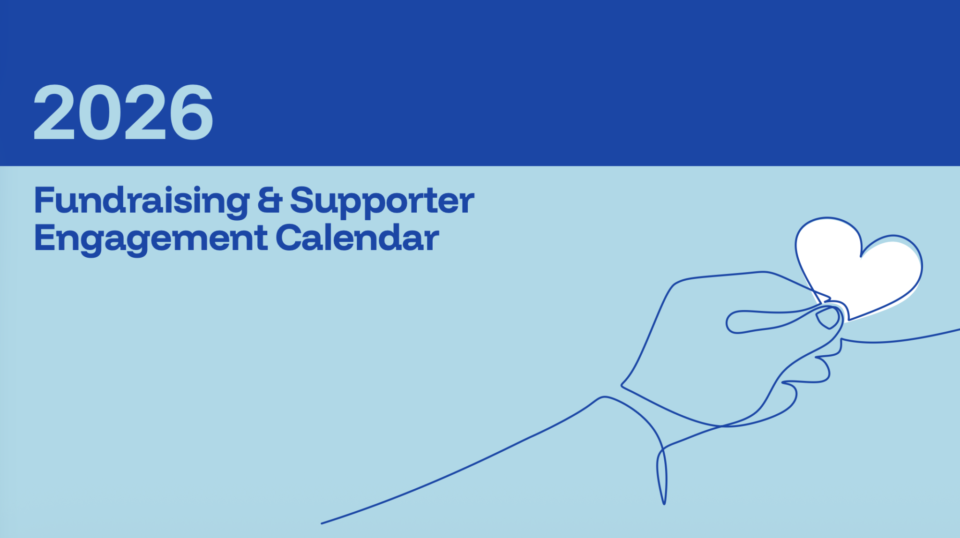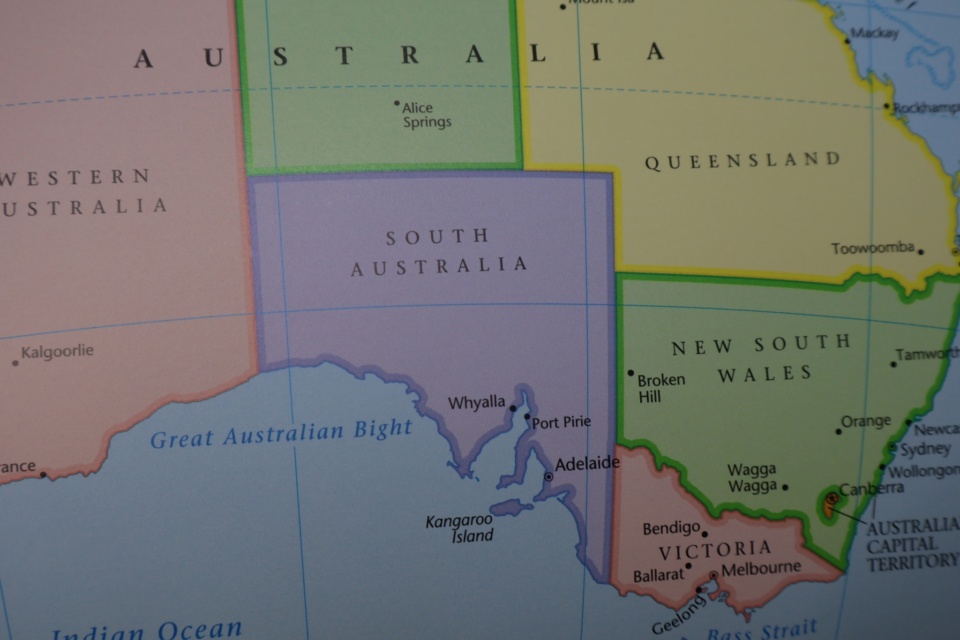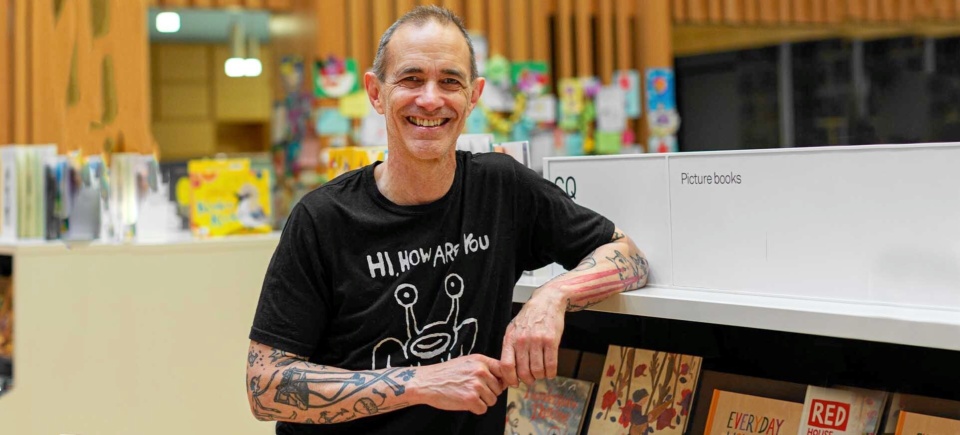
Why Australia’s community organisations need a new governance model
Posted on 25 Feb 2026
Australia’s community organisations are quietly holding society together. From local sporting clubs…
Posted on 13 Aug 2024
By Dr Kristen Moeller-Saxone, Infoxchange

Ask Izzy, the Infoxchange directory that connects people with emergency hardship services, is seeing record levels of demand for food, housing, mental health, family violence and other urgent support.

We’re seeing the Australian community’s struggle, with an increase in demand for services from people experiencing hardship of more than 30% over the past 12 months.
In June, we saw over 300,000 searches for help – a record number of searches in a single month. We know that Australian not-for-profit organisations are feeling the pressure as these figures increase.
Demand for homelessness services is on the rise too – so how do we increase our capacity to respond? By being more strategic in our use of data to combat homelessness.

Data tells us a lot – it can help us understand where best to allocate resources, or whether an approach is working. It can tell us where we need to pay more attention, or how we can optimise our service delivery.
But not-for-profits do not have access to the same financial capital as corporate or for-profit organisations, who can afford to hire a full-time data scientist or expert. This limits NFPs in their ability to make strong evidence-based decisions based on insights.
Strategic use of data not only makes it easier to make decisions, it also helps organisations tell a stronger story of what’s really happening on the ground. It helps the media and community understand what we need to know about society, and it helps grant funders and philanthropists see where the need is for greater support.
In the case of the rising demand for homelessness services, we’re seeing more new people seeking access to emergency housing support, so it’s more important now than ever to improve our ability to help.
As demand on Sacred Heart Mission continued to rise, the team wanted to make better use of data to optimise their response.
To do this, they asked questions: what is the average length of time for which people seek housing assistance? Is there a connection between a person’s rated vulnerability and the length of support they need? How many women over 55 have been helped into housing? How much does it cost to sustain a tenancy for a vulnerable community member?
The team needed to bring together data from different sources into one place, including demographic data, support period profiles and contact support hours to help tell the story.
They went through a process of data field identification and aggregation in their Service Coordination and Referral (SRS) platform and across varying spreadsheets and could see that many people experiencing first-time homelessness were coming into the system because they were unable to sustain their rentals.
“The data is very clear that more people are needing support because we’re working with lots of additional newcomers who haven’t been in the service system before and are unable to sustain their rentals,” said Supported Housing Program manager Annie Lynch.
The next step was to build a data warehouse using Amazon AWS. With the help of Melbourne-based Chris Olsen of Microsoft, the team learned how to use PowerBI, OneLake, Microsoft Fabric and CoPilot to collate the data into a structure that would streamline monthly reporting and reduce the time spent data checking and cleaning.
“The first stage has involved creating an optimal dashboard to improve our reporting and for program managers to see clearly how their team is performing,” said Annie. “The second phase is to cater it to a wide range of programs and KPI development.”
Annie and the team will be able to assess at the program level, or look into the finer details of the length of support of programs, and what types of support lead to good outcomes. They can now track insights such as how many staff hours are needed to achieve a positive outcome, visible on a unified dashboard.
Sacred Heart Mission is on a journey to better understand and use data, increase analytics efficiencies and improve reporting functionalities.
Introducing new data approaches to an organisation is no easy feat – at Sacred Heart, proving the concept required the involvement of many stakeholders in the organisation. Now, the unified dashboard has become clear evidence of how improving data processes helps drive efficiencies and improved support for vulnerable clients.
Introducing new data approaches involves inclusion of the wider organisation, who are all responsible for some aspect of data, from collection through to reporting. It’s important to ask: are teams clear about what data is most important and how to input it properly? Do they know why it’s important?
“For us to tell the story of the people we’re helping support, we have to get data on the table and make it everyone’s world because it’s relevant for so many different departments to do their work better,” Annie said.
Dr Kristen Moeller-Saxone is a data professional and social innovator with experience in the NFP, university, health and government sectors. At Infoxchange, she leads the Data Catalyst Network.

Posted on 25 Feb 2026
Australia’s community organisations are quietly holding society together. From local sporting clubs…

Posted on 25 Feb 2026
Writing communications for donors, stakeholders, regulators and the public can be a relentless task…

Posted on 25 Feb 2026
A Victorian suburb's hot debate about whether trains should live underground or in the sky ended…

Posted on 25 Feb 2026
Three years after the federal government announced that national fundraising principles would be…

Posted on 25 Feb 2026
Author Andy Griffiths has spent 30 years bringing “punk rock” to children’s books, making kids…

Posted on 25 Feb 2026
Senator Dean Smith is back as shadow minister for charities, and he’s told the Community Advocate…

Posted on 18 Feb 2026
Around 50 per cent of all funding for charities in Australia comes from government. The nature of…

Posted on 18 Feb 2026
You wouldn’t try to fix a complex system with one tool. You’d widen the toolkit, improve the…

Posted on 18 Feb 2026
Australia’s champion laundry van charity, Orange Sky, has announced it is ready to expand into…

Posted on 18 Feb 2026
To have any hope of hitting the grand plan of doubling philanthropy by 2030, Australia needs one…

Posted on 18 Feb 2026
When Nyiyaparli woman Jahna Cedar travels to New York next month as part of the Australian…

Posted on 17 Feb 2026
This is the full academic version of Dr Oksana King's thoughts on the need to better compensate and…